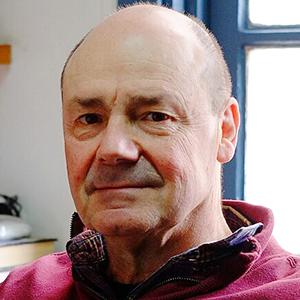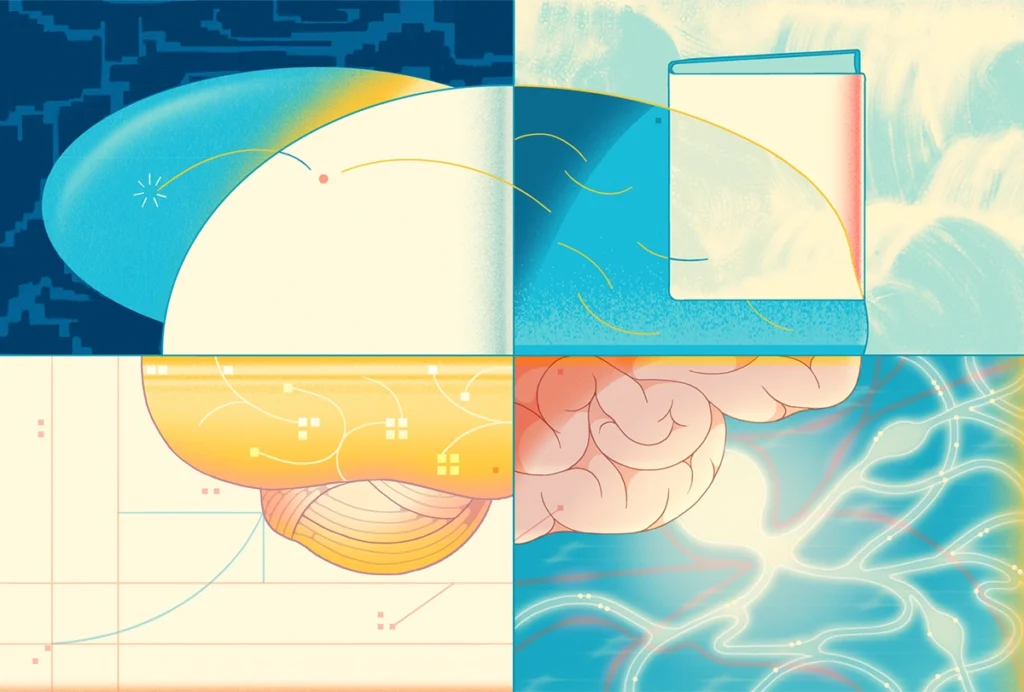Francisco Aboitiz is director of the Interdisciplinary Center for Neuroscience and professor of psychiatry at the Pontificia Universidad Católica de Chile. His research lines include the evolution of the brain and cognition and the neurocognitive underpinnings of neuropsychiatric conditions such as attention-deficit/hyperactivity disorder, autism, multiple sclerosis and epilepsy. He is currently working on social projects, including implementing robotics workshops for children in schools of social risk and assessing their cognitive improvements, and screening resilience signatures in adolescent mothers. He has authored more than 140 scientific articles and is author of the books “A Brain for Speech. A View From Evolutionary Neuroanatomy” and “A History of Bodies, Brains and Minds. The Evolution of Life and Consciousness.”

Francisco Aboitiz
Director
Interdisciplinary Center for Neuroscience
From this contributor
Selected articles
- “A multimodal interface for speech perception: the role of the left superior temporal sulcus in social cognition and autism” | Cerebral Cortex
- “Neural responses to sensory novelty with and without conscious access” | Neuroimage
- “The Enigmatic Reissner's Fiber and the Origin of Chordates ” | Frontiers in Neuroanatomy
- “Neurocognitive mechanisms underlying working memory encoding and retrieval in Attention-Deficit/Hyperactivity Disorder” | Scientific Reports
- “Origin and evolution of human speech: Emergence from a trimodal auditory, visual and vocal network” | Progress in Brain Research
- “Morphological evolution of the vertebrate forebrain: From mechanical to cellular processes” | Evolution & Development
Explore more from The Transmitter
Machine learning spots neural progenitors in adult human brains
But the finding has not settled the long-standing debate over the existence and extent of neurogenesis during adulthood, says Yale University neuroscientist Juan Arellano.

Machine learning spots neural progenitors in adult human brains
But the finding has not settled the long-standing debate over the existence and extent of neurogenesis during adulthood, says Yale University neuroscientist Juan Arellano.
Xiao-Jing Wang outlines the future of theoretical neuroscience
Wang discusses why he decided the time was right for a new theoretical neuroscience textbook and how bifurcation is a key missing concept in neuroscience explanations.
Xiao-Jing Wang outlines the future of theoretical neuroscience
Wang discusses why he decided the time was right for a new theoretical neuroscience textbook and how bifurcation is a key missing concept in neuroscience explanations.
Memory study sparks debate over statistical methods
Critics of a 2024 Nature paper suggest the authors failed to address the risk of false-positive findings. The authors argue more rigorous methods can result in missed leads.

Memory study sparks debate over statistical methods
Critics of a 2024 Nature paper suggest the authors failed to address the risk of false-positive findings. The authors argue more rigorous methods can result in missed leads.
